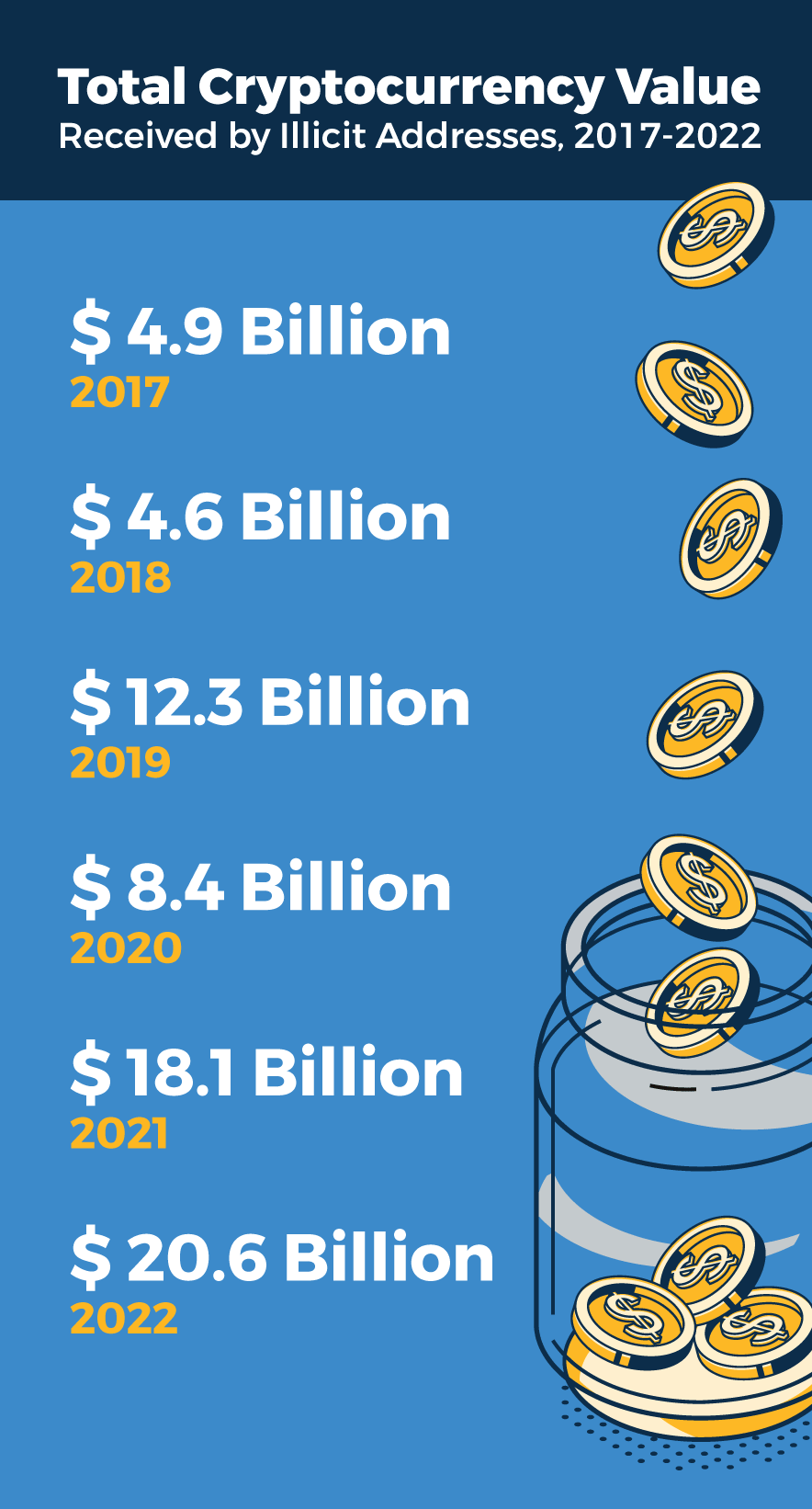Heart Hunter
Exploring the passion for the heart's adventures.
Virtual Currency Trends That Make Traditional Money Green with Envy
Discover how virtual currencies are revolutionizing finance and leaving traditional money in the dust. Don't miss these game-changing trends!
1. Why Cryptocurrency is Reshaping the Future of Finance
Cryptocurrency is revolutionizing the financial landscape by introducing decentralized and secure transaction methods that challenge traditional banking systems. Unlike conventional currencies, cryptocurrencies operate on blockchain technology, which ensures transparency and immutability. This shift towards digital currencies allows for faster cross-border transactions and significantly reduces transaction fees, making global commerce more accessible to everyone. As a result, both individuals and businesses are increasingly adopting cryptocurrency as a viable alternative to traditional fiat currencies, changing the way we view money and financial interactions.
Furthermore, cryptocurrency facilitates financial inclusion for underserved populations worldwide. In many regions, people lack access to traditional banking services, but with a smartphone and internet connection, they can engage in the financial ecosystem using digital currencies. This democratization of finance empowers individuals, allowing them to save, invest, and transact without the barriers imposed by conventional banking systems. As cryptocurrency continues to grow in popularity and acceptance, it not only reshapes the future of finance but also paves the way for a more inclusive and innovative global economy.

Counter-Strike is a popular tactical first-person shooter game that has captivated gamers worldwide. Players engage in strategic team-based gameplay, where they can choose to play as either terrorists or counter-terrorists. For those interested in enhancing their gaming experience, you can check out the csgoroll promo code to obtain unique bonuses and rewards.
2. The Environmental Impact of Virtual Currencies: Are They Greener than Traditional Money?
The environmental impact of virtual currencies, particularly cryptocurrencies, has become a pressing topic as the world grapples with climate change and sustainability. Traditional money systems rely heavily on physical production and transportation, which contribute to greenhouse gas emissions. In contrast, virtual currencies, while often perceived as more efficient, can have their own environmental footprint. For instance, Bitcoin, one of the most well-known cryptocurrencies, utilizes a process called proof of work, which requires extensive computational power and energy consumption. A single transaction can consume as much energy as an average household uses in several days, raising questions about whether the digital currency model is indeed a greener alternative.
On the other hand, some virtual currencies are adopting more sustainable practices that could potentially reduce their environmental impact. For example, cryptocurrencies that leverage proof of stake mechanisms consume significantly less energy compared to their proof of work counterparts. These newer models require validators to hold a stake in the currency rather than compete in energy-intensive mining processes. Moreover, initiatives aimed at utilizing renewable energy sources for mining operations are gaining traction, suggesting that the future of digital currencies could be more sustainable. An important consideration remains: as demand for virtual currencies grows, how can we balance this with the need for environmentally friendly practices?
3. How Digital Wallets and Blockchain Technology Are Changing the Way We View Currency
In recent years, digital wallets and blockchain technology have significantly transformed our perception of currency, ushering in a new era of financial transactions. Traditionally, currency was synonymous with physical cash and coins, but the advent of digital wallets has redefined what it means to hold money. With just a smartphone, users can securely store their funds, make instant payments, and track their expenses, all without the need for a physical wallet. The integration of blockchain technology further enhances this evolution by providing a decentralized and transparent ledger that ensures security and trust, eliminating the need for intermediaries.
As more individuals and businesses embrace these technologies, it’s crucial to understand the implications on the future of currency. Blockchain not only supports cryptocurrencies like Bitcoin and Ethereum but also facilitates smart contracts and tokenization, expanding the scope of what digital assets can be. This shift encourages greater financial inclusivity, as unbanked populations gain access to financial services through their mobile devices. As we explore the long-term effects of digital wallets and blockchain, it is clear that they are not just trends; they are fundamentally altering how we view and interact with currency in the modern world.